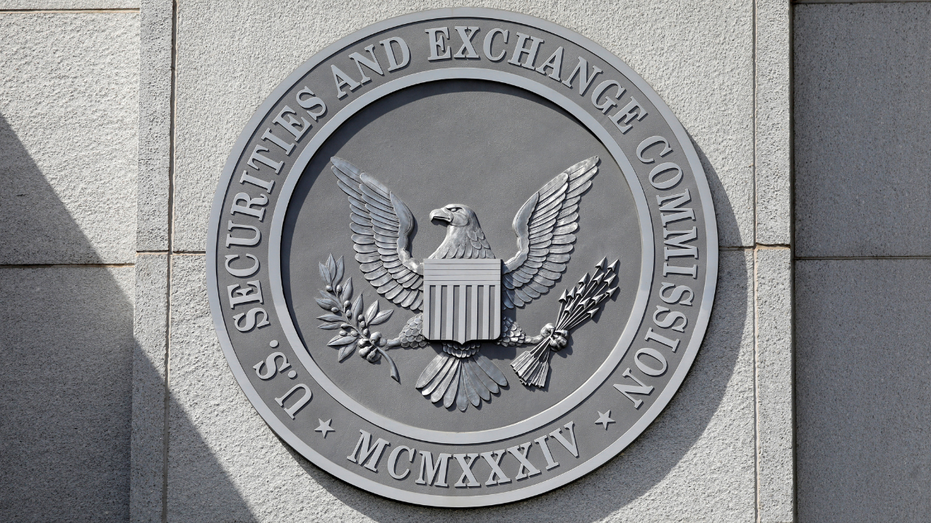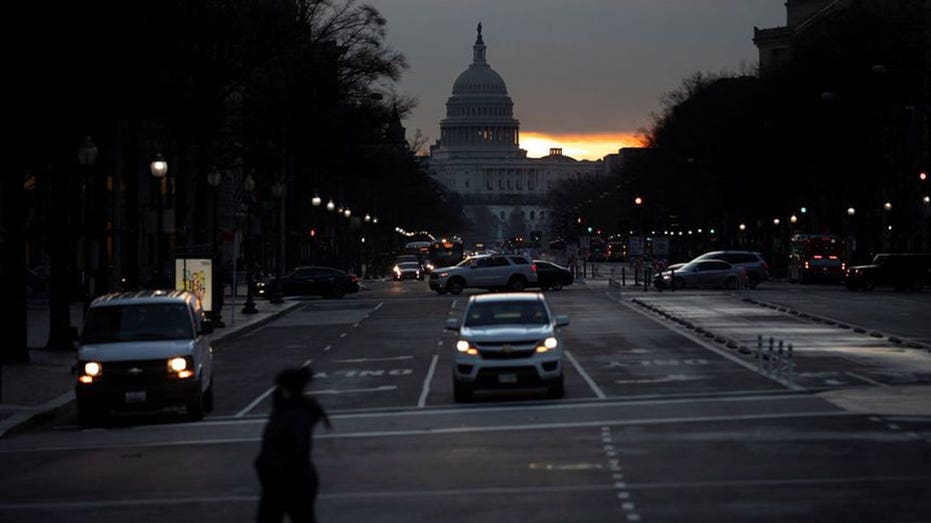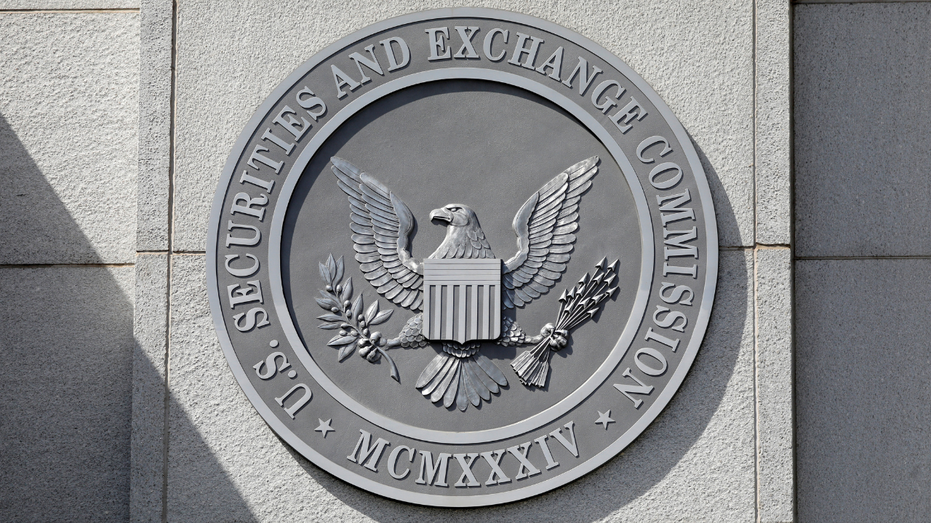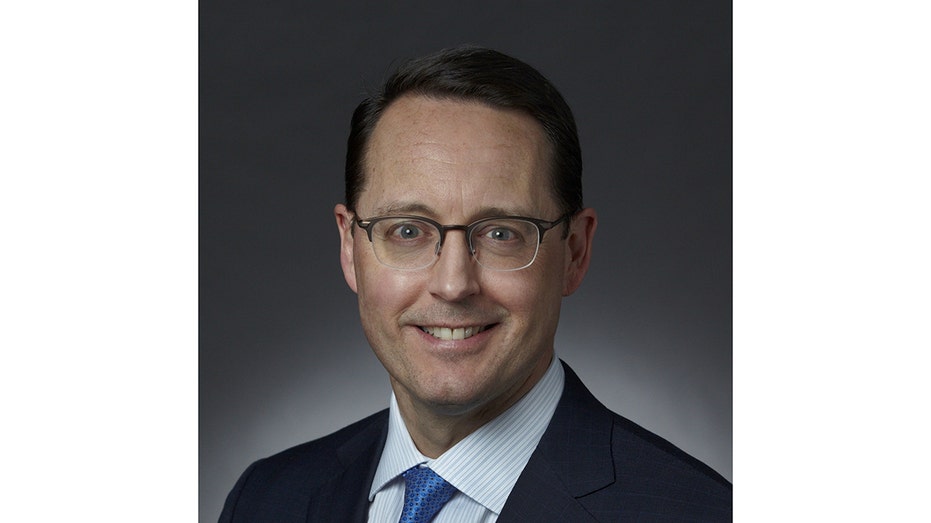SEC chair Paul Atkins addresses the impact of the government shutdown on markets and three things ‘inhibiting’ companies from going public on ‘The Claman Countdown.’
The chair of Wall Street’s watchdog, the Securities and Exchange Commission (SEC), Paul Atkins, addressed the negative impact of the government shutdown on markets and how he aims to “make IPOs great again” Monday on “The Claman Countdown.”
“We cannot process these IPOs under the rules as they are…with this government shutdown,” Atkins told FOX Business anchor Liz Claman.
TRUMP ADMIN TO PARTIALLY RESUME SNAP BENEFITS AS SHUTDOWN DRAGS ON
Tasked with greenlighting publicly-traded companies and catching market fraudsters, the SEC used to have more than 4,200 people on staff prior to the government shutdown. Now, less than 10% of staff remain, with fewer than 400 employees left to monitor markets.
Additionally, the SEC has around half the number of public companies as it had 30 years ago, the chair lamented.

The seal of the U.S. Securities and Exchange Commission (SEC) is seen at their headquarters in Washington, D.C., U.S., May 12, 2021. (Andrew Kelly/Reuters / Reuters)
However, Atkins explained the rule the SEC “dusted off” during the government shutdown, allowing two companies to become IPOs last week.
“It was the original way that Congress designed the Securities Act of 1933, which said, basically, you file your registration statement for your new securities offering, and you wait 20 days, and then you can go public and sell your securities,” Atkins explained.
SEC CHAIR GARY GENSLER TO STEP DOWN IN JANUARY
The SEC chair said several companies are already taking advantage of this faster process.
“About 20 some companies had gone through a fair amount of rounds of comments with our staff,” Atkins said. “And so we said you could pull your delaying amendment, as we call it, and go public after 20 days.”
The SEC approved Maplight and Navon as IPOs under the rule, Atkins said, adding there “might be others” soon.

A pedestrian crosses Pennsylvania Avenue at sunrise near the U.S. Capitol. Forty-eight states and the District of Columbia observe daylight-saving time eight months a year. (Tom Brenner/Reuters / Reuters)
“I understand one may be tomorrow,” he added.
When Claman asked how the SEC can ensure corporate malfeasance and other problems will still be caught in capital markets, Atkins replied that the rule helps only a small group of companies already “ready to go.”
TRUMP ADMIN MOVING TO ROLL BACK BIDEN-ERA CFPB REGISTRY RULES
“They were in the final phase of comments,” he said. “Hopefully, this whole shutdown nonsense will end very quickly so we can go back to work, scrutinize filings, and monitor markets as we normally do.”
Describing his effort to “make IPOs great again,” Atkins listed several factors inhibiting companies from going public.

The stock market chart on 100 dollar bill background
He emphasized that a company’s risk-factor disclosures should not become “the single largest section” in its annual report.
GET FOX BUSINESS ON THE GO BY CLICKING HERE
“We will accept companies going public that have bylaws providing for either mandatory arbitration, fee-shifting ‘loser pays’ provisions, or both,” Atkins said.



